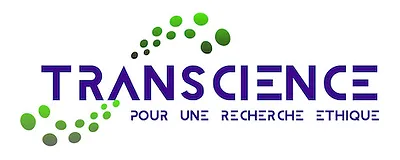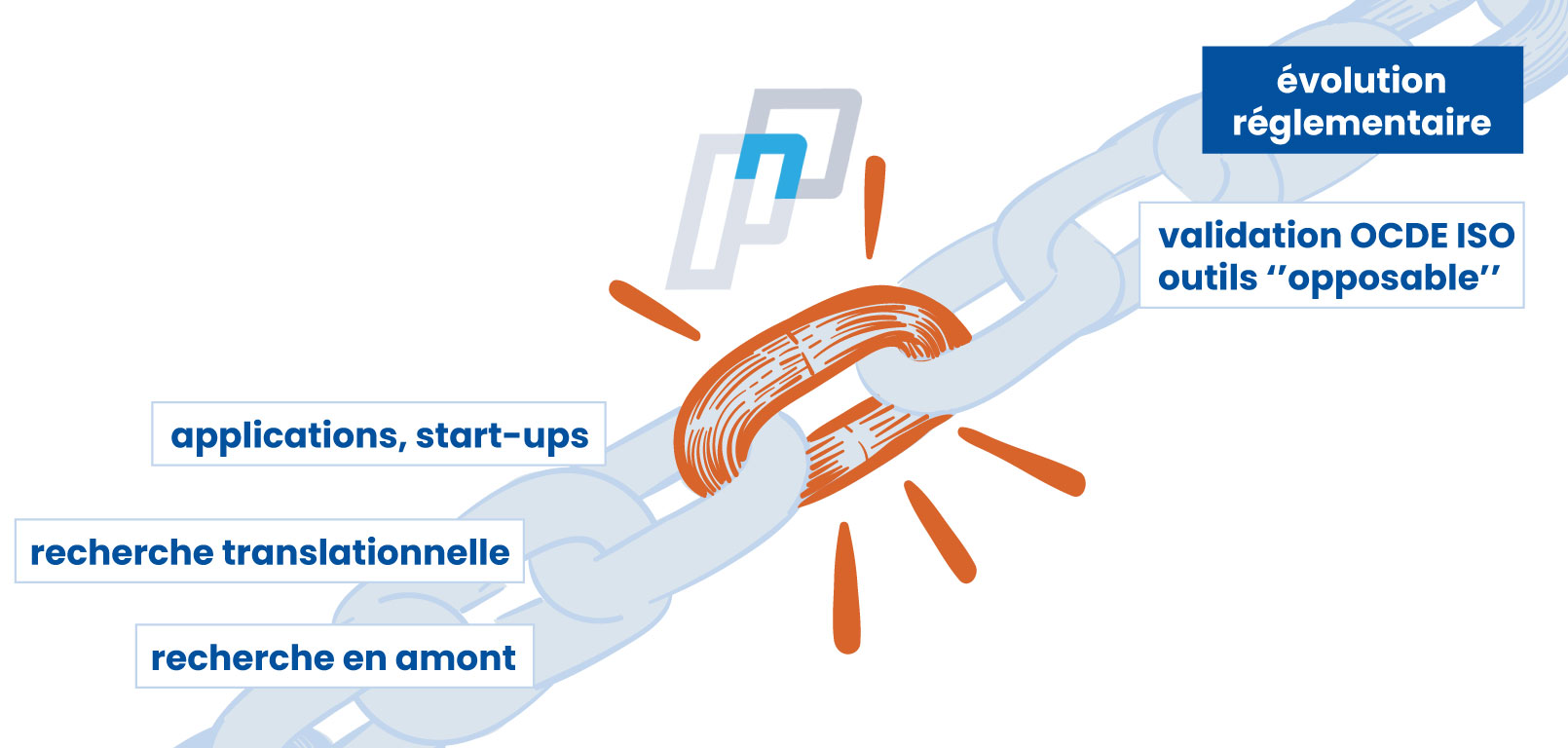The PEPPER platform was set up as part of the national strategy on endocrine disruptors (SNPE), by the Ministry of Ecological Transition and the Ministry of Health; it was decided in 2019 to fund this research platform, bringing together public and private partners. The aim is to carry out pre-validation of toxicology and ecotoxicology test methods to characterize endocrine-disrupting properties. The platform must ensure that methods meet quality criteria and build internationally-recognized evidence.
These include in vitro, in silico, invertebrate and zebrafish tests.
Three functions are provided:
– identification and documentation of mature, scientifically-based test methods that meet a need in terms of endocrine disruptor identification;
– organization of tests on these methods, using test laboratories to assess the repeatability and reproducibility of results;
– helping players to submit their methods and the required scientific reports to international validation bodies.
The project is run by INERIS, several manufacturers, and the ministerial departments involved in SNPE.
Funding comes from the public sector (notably from the “Investissements d’avenir” program; 5 million euros planned over 5 years) and the private sector, from industrial sectors involved in the production or marketing of products.
As the first platform of its kind, PEPPER’s ambition is to become a Europe-wide structure contributing to making the process of validating methods developed in Europe more reliable and faster, and encouraging their use. Regulatory bodies (OECD, ECVAM, ECHA, CEN, ISO) are represented in the platform’s governance.
The approach was the subject of a publication in 2021: “Identification of non-validated endocrine disrupting chemical characterization methods by screening of the literature using artificial intelligence and by database exploration”. To access the publication : click here
To access the site : click here
To mark its 5th anniversary, PEPPER organized a conference in Paris on December 6, 2024, which provided an overview of advances in validation and regulatory acceptance.
This symposium demonstrated the need for validation and explored ways of speeding it up. The first session, moderatee by Cécile Michel-Caillet (Anses) showed how method validation is a tool for risk management policies concerning substances and endocrine disruptors. The second session, led by Sebastian Hoffmann (SEH consulting), focused on the practice of method validation and the needs of developers and players in the field. The third, moderatee by Nathalie Homobono (French Ministry of the Economy) focused on the construction of the common good that is validation.
All the speakers recognized the need for method validation and quality methods, in order to meet the challenge of endocrine disruptors, strengthen both innovation and confidence, while meeting societal expectations and protecting health and ecosystems.
Pepper has real added value in terms of validation: the platform is a successful initiative that has accelerated the process for 13 methods to date, given that 30 methods is considered a reasonable number for characterizing endocrine disruptors.
A report has been written.
We’ve learned that there are two levels of trust: technical trust, and trust in the people who tell you that you can trust. It’s not a joke, it’s reality. .
Philippe Hubert, Director of PEPPER




